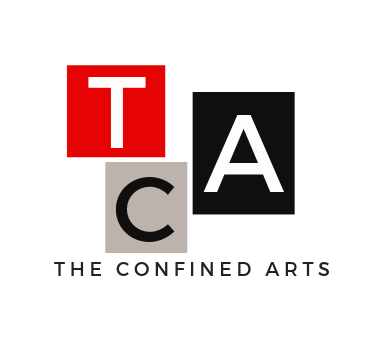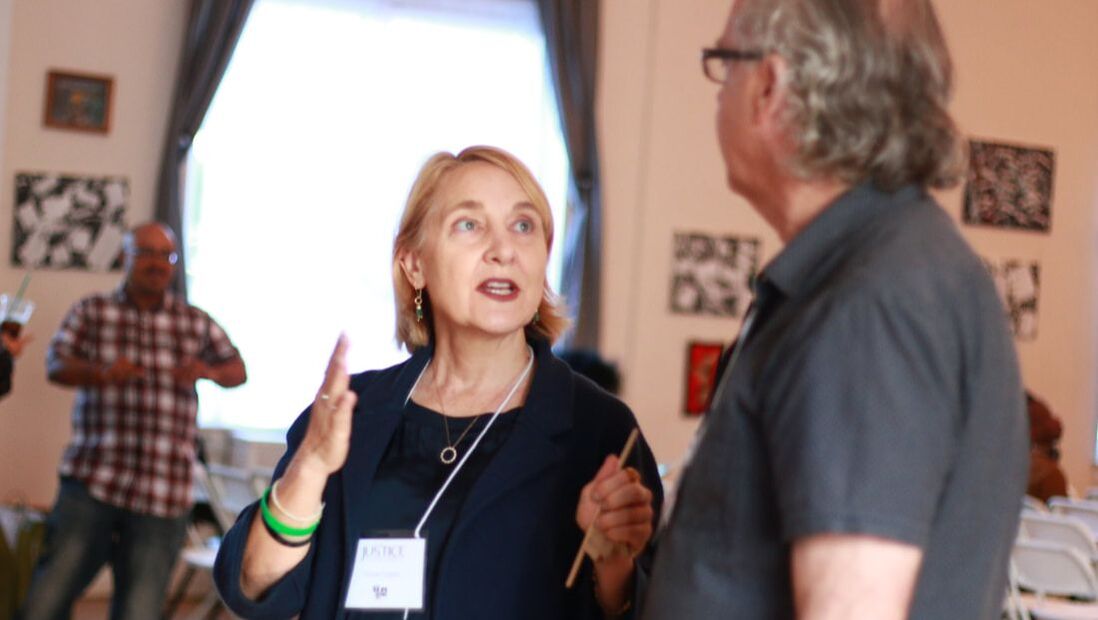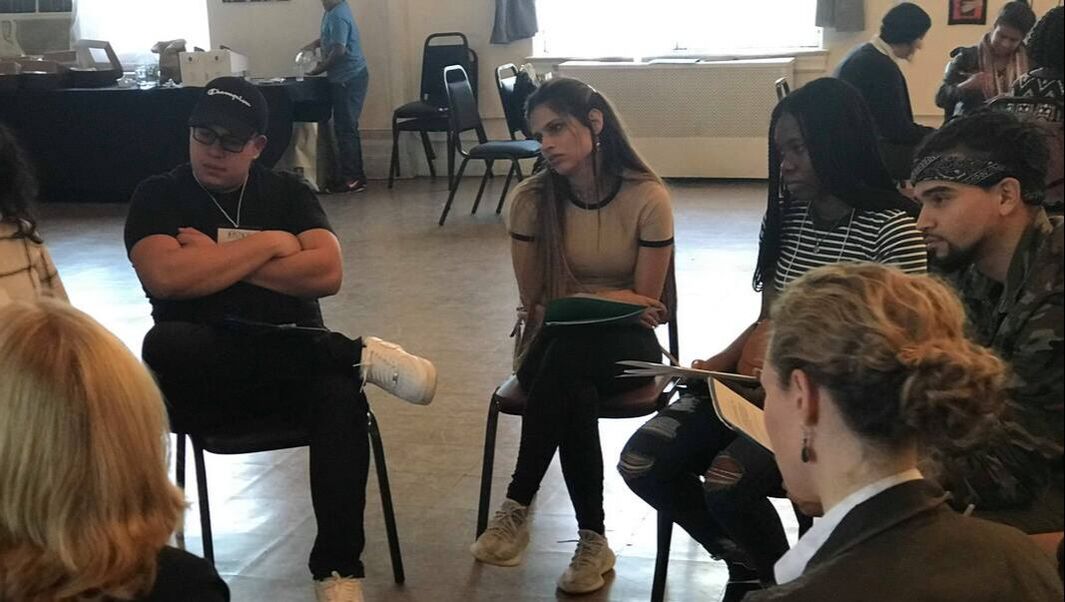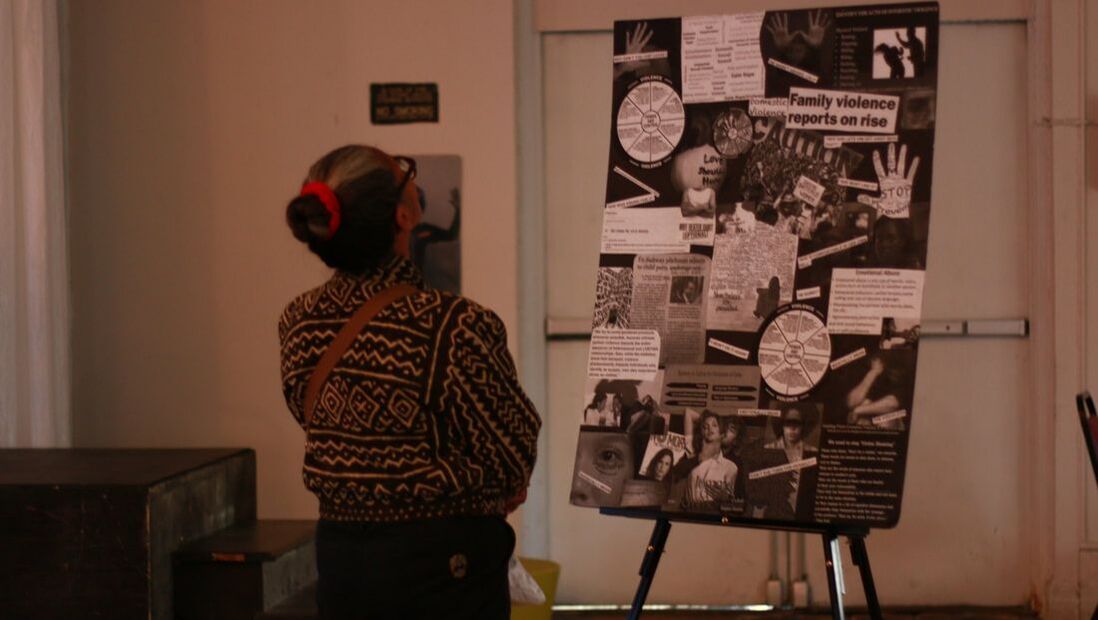Language of Dehumanization Project
Through empirical studies and the artistic dissemination of their results in publications, through public outreach campaigns and art-based programming, and through media this project aims to produce and exhibit evidence about the detrimental effects of dehumanizing language and misrepresentations of people in jail/prison in three different contexts: public opinion, judicial context, and prison settings. In so doing, this project ultimately aims to sensitize public opinion and criminal justice professionals about the negative consequences that dehumanizing labeling and misperceptions have on the lives of those who are or have been impacted by incarceration.
- Label Impact Study: The study evolved from a body of research which identifies that people in prison are widely perceived as dangerous and manipulative and are therefore dehumanized by way of severe neglect in the form of moral exclusions and disengagement by prison guards and other staff (Haslam, 2006; Blackler, 2015; Gullapalli, 2015). Despite this accumulated knowledge of abuses in a prison context, mistreatment continues to occur. The study hypothesized that widespread dehumanization of the prison population through the language used to describe people in prison and the stigma this language carries could be one reason why a large proportion of society remains silent in the face of mistreatment of people in prison.
- Television Research: This research demonstrates a sense of the urgency to facilitate discourse around dehumanizing labels and stereotypical representation of people in the criminal justice system and to understand how the general public forms perceptions of different groups of people based on the common labels used to reference them.
- (De)humanizing Language in the Courtroom: This study aims to examine the impact of dehumanizing language on punitive attitudes both in lay people and legal experts and to assess whether specific linguistic choices that are commonly used in courtrooms (at the sentencing stage) to describe people who are on trial influence the perception of these people and, consequently, the emotional and punitive attitudes towards them.
CONFERENCE
The Power of Language to Incarcerate conference, which took place in 2019 explored the different ways that language is used as a tool for injustice. This included: labeling, language exclusion, and language marginalization.




